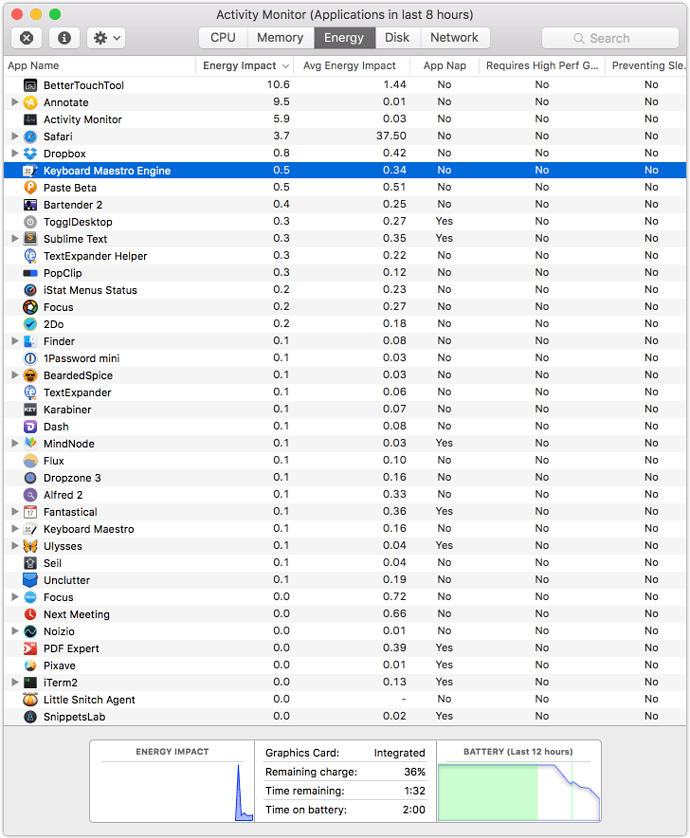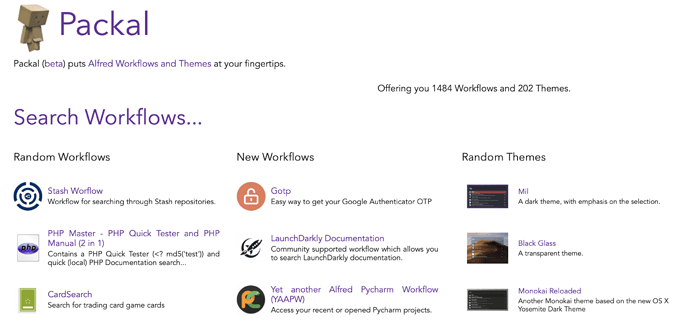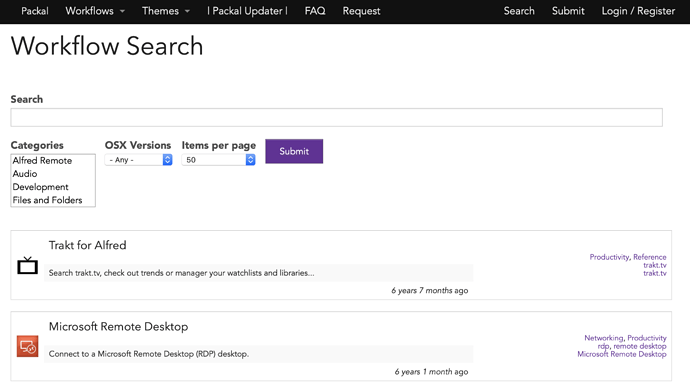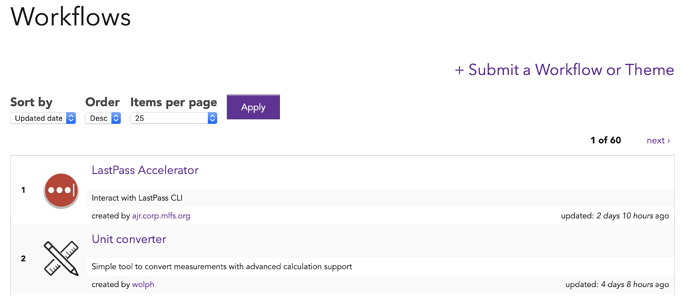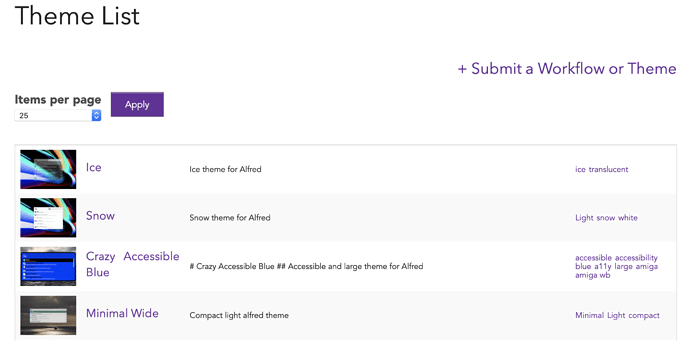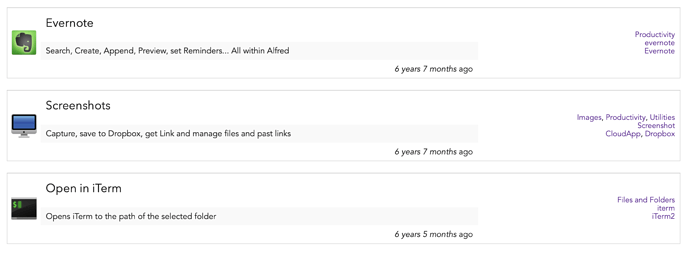Hi, I hope I'm not offending anyone with the title of this post.
I have heard of KM over the years, but never really saw who I would use it personally. I am not a programmer, I run a small business consultancy (www.asiastar.info) and a cafe (starbookslao.com). A week or two ago I decided to give it a try because I wanted to automate something. I wanted to automate the transcription of documents and emails I dictate on the go, without needing an internet connection (where I live those can be very spotty). This works nicely and I am thinking of a few more use cases, e.g. Automating the process of getting my Kindle highlights into Evernote or Archiving old emails as PDF to Evernote
In looking through the forum and searching for solutions, I encountered a few very helpful and friendly people.
Nonetheless, looking through posts and macros available, I see a lot of things like "Strip out variable-length string from selected text" or "Is there a macro to invoke Services?". Which are all important building blocks to make automations, but the complete automations aren't there.
For someone who didn't study computer sciences, this is all interesting if he is looking for this specific information but otherwise not very inspiring or attractive.
My question is simply, is there a way to make KM more attractive and accessible for people who understand less of how an apple script works (I did some edits, but it was guess work, more than anything)?
First off, this would necessitate to have Macro's that do things regular folks (maybe that like to tinker with their computers and productivity systems but know only a little of the underlying way a computer works) need and want. E.g. "Change Hotkeys in VLC" (ok, stupid example, but the point is the name clearly states what it does)
As an addition, a KM Macro could come with an Installer Macro. ("Change Hotkeys in VLC Installer"), which is a simple Macro that asks the user a number of questions, e.g. (what hotkey do you want to change?) To achieve this you would need one more Macro already present in KM, that, after a new macro is installed checks if there is a corresponding installer macro in the same folder where that one came from, and if yes starts it. (any one could turn that off, by disabling that macro)
My main point really is, please post lots of macros you have that do stuff people who don't program for a living can use every day! Keep on innovating and coming up with great ideas!
